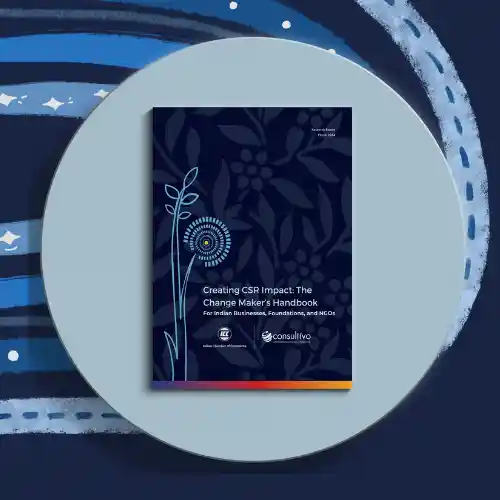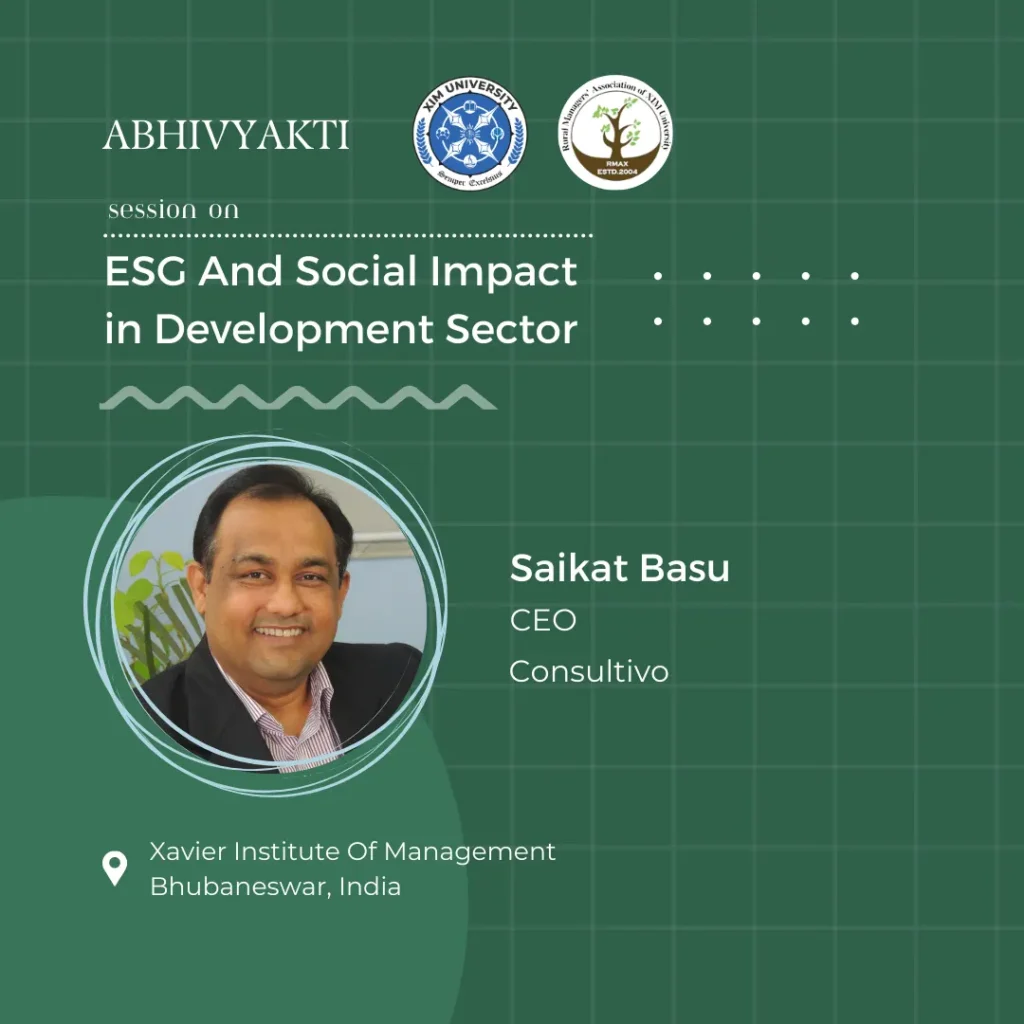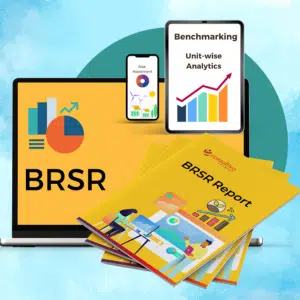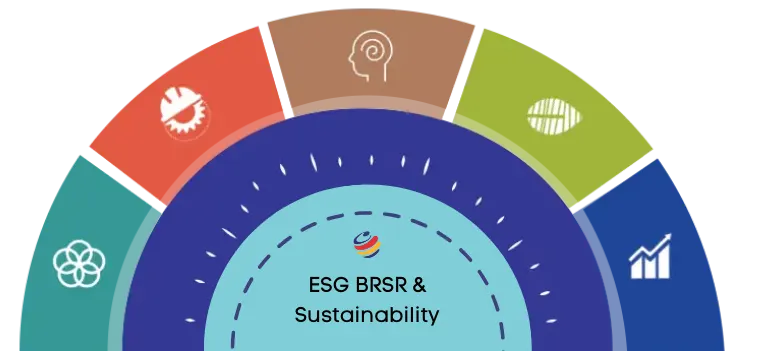One major industry sector rapidly moving towards sustainability development is the food & agribusiness sector through stringent regulatory controls on consumer safety, product quality and environmental protection.
Sustainable Agriculture Practices involve methods that aim to protect the environment, preserve natural resources, and ensure the long-term viability of farming. These practices prioritise ecological balance, conservation, and the well-being of farmers and communities.
Change is inevitable. So, agricultural practices to Sustainable Agriculture Practices is a welcome change. Ten years ago, ‘sustainability’ was just a boardroom topic. But now, its impetus has increased and it is a positive change to see the elements of sustainable development getting embedded in the grassroots level, even in the farming process of the small farmers.
In today’s increasingly competitive landscape, more & more industries are moving towards social & sustainability improvisations.
As a Sustainability Consultant, Consultivo helps organisations to manage their business risks in the field of sustainability through our experience & expertise helping our customers to prepare as per different national & international codes & standards.
One major industry sector rapidly moving towards sustainability development is the food and agribusiness sector which is subject to stringent regulatory controls on consumer safety, product quality and environmental protection.
The key challenge is the increasing cost to meet the national, international legal and standard requirements and maintaining the quality of the product. Traditional production and distribution methods are being replaced by more closely coordinated and better planned linkages between agribusiness firms, farmers, retailers and others in the supply chains.
Sustainability, being one of our core services, we were entrusted with the job of auditing castor farms in North Gujarat by an eminent international organisation. This project encompassed the vision of sustainability development contributing to improved farm sustainability for biodiversity, natural resources, farm productivity and resilience, and the livelihoods of farmers, workers & their families involved in the programme.
The main focus was on sustainable agriculture by protecting native ecosystems and on-farm biodiversity, avoiding deforestation, maintaining healthy soils, sustaining water resources, and guiding farmers to select and adopt climate-smart planting materials and farming practices.
For this, a Sustainable Castor Code has been developed by Solidaridad to ensure the future security of castor supply and safety of farmers and conducted a gap audit. The Castor code has standards & protocols based on reference documents from Sardarkrushinagar Dantiwada Agricultural University, Indian Institute of Oilseeds Research, International Labour Organisation (ILO) conventions and recommendations.
During the gap audit, several recommendations highlighting various good and sustainable agriculture practices, environmental protection & social accountability aspects, etc were provided to the farmers.
However, the castor crop farmers are already following some good practices for sustainable development to get higher yields & quality production of castor crops. Some of the positive aspects observed during the audit are as follows:
1. The farmers showed their interest to comply with the sustainable agriculture practices requirements stipulated in the code
2. The farmers were taking advice from the agricultural university as far as seeds, pesticides, fertilisers, etc were concerned
3. Some farmers have started implementing drip irrigation in their fields which saves 24% water and gives 36% higher seed yield
4. The farmers showed interest to know about the cost and subsidy of solar power plants.
5. A training register is maintained by the group in-charge
6. The farmers are using cow/buffalo dung & urine for agricultural waste compost to increase the soil organic matter
7. The farmers cut the plants with rotovator and use them for mulching
8. Inter-cropping and crop rotation is practiced
9. Farming by done by using machines only in all phases- be it cultivation or harvesting.
10. Even rechargeable battery operated spray machines are being used for spraying pesticide.
11. Soil test has been carried out in most of the areas
12. Farm diaries are maintained by the group in-charge
Thus, it’s commendable to witness the Sustainable Agriculture Practices followed by the castor crop farmers who are willing to adopt better & high yielding farming techniques for a sustainable development.
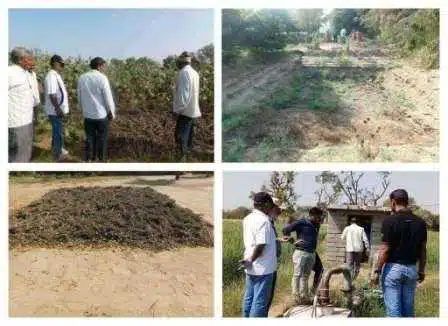
Share this post
Related insights
News & Events
News & Events
Blogs
Blogs
Blogs
View more in Impact Stories | Blogs | Knowledge Bank | News and Events



